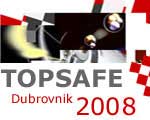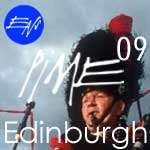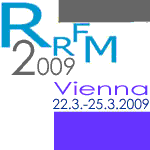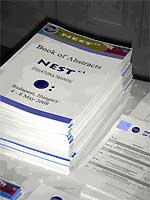 |
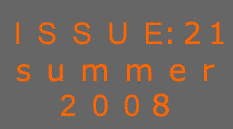 |
|
|
|
These challenges were discussed in detail during three intensive days of debating at NESTet 2008. The conference gave experts in the nuclear business a unique opportunity to debate core related issues and to share their views on how to deal with them. It kicked off on with an opening session chaired by Santiago San Antonio, the Secretary General of the European Nuclear Society. During the session the participants were also able to attend a ceremony for the presentation of European Master of Science in Nuclear Engineering (EMSNE) diplomas to students who had graduated in 2007. |

Over the next three days the following topics were the the main focus of delegates’ attention: training programmes for the nuclear industry, experimental facilities for education and training, science, engineering and technology in education and the role of education in knowledge management. The conference also gave participants an opportunity to participate in sessions dealing with the Nucleonica Web Portal, radiation protection issues and the IAEA’s activities in the field of nuclear knowledge management.

A total of lmost 70 presentions were given during the conference. A further 18 poster displays highlighting these issues gave participants an extra chance to learn more about their chosen fields of interest.

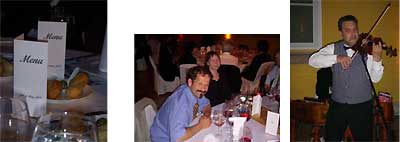
On the second evening, the NESTet Conference Dinner took place at the Baroque Hall of Budapest’s Historical Museum, which is situated in the Royal Palace of the Castle of Buda. The Baroque Hall provided an incredibly beautiful setting for the dinner and an opportunity for colleagues from all over the world to socialise. The dinner guests were entertained by a band playing traditional Hungarian music and served a delicious dinner in an unforgettable atmosphere.
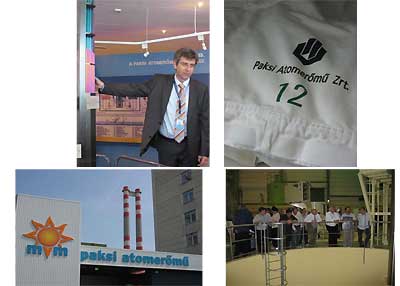
On the final day of NESTet 2008 participants took part in one of two technical tours: the first was a visit the Paks Nuclear Power Plant; the second was a trip to the Budapest Research Reactor at the Central Research Institute of Physics and to the Training Reactor of the Budapest University of Technology and Economics. As a Young Generation reporter, I visited the Paks NPP and found the excursion very interesting. In my opinion, this fascinating and informative visit was a perfect ending to a perfect conference.
Working as a Young Generation Network reporter at NESTet 2008 was a wonderful experience for me personally. I met numerous new people and had extremely interesting discussions - both about their nuclear industries and their cultural and educational backgrounds. Attending the conference gave me an opportunity to learn more about the nuclear industry in various countries, as well as about the current challenges that the industry is facing world wide.
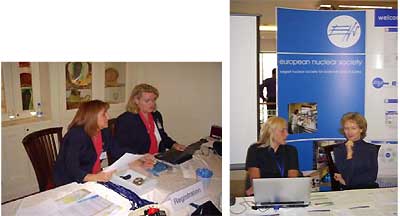
I am very grateful for having been given the opportunity to attend this conference. I am sure that all the other participants share my feelings about how well ENS organised the event. I am also confident that they share my view that this conference is extremely important and that we need to focus continually on education and training in the nuclear field. This debate will doubtless continue intensively over the next two years and at the next NESTet conference.
On behalf of myself, the Young Generation network and participants at NESTet 2008 I would like to thank ENS for making this conference such a success.
Helin Sanna
TVO OL3 Project
Teollisuuden Voima Oyj
27160 Eurajoki
Finland
sanna.helin@tvo.fi
| |
